The New Arab Social Order
Also of Interest
OPEC, the Gulf, and the World Petroleum Market , Fereidun Fesharaki
Libya: The Experience of Oil, J. A. Alien
The United Arab Emirates: Unity in Fragmentation , Ali Mohammed Khalif a
Food, Development, and Politics in the Middle East , Marvin Weinbaum
OPEC: Twenty Years and Beyond , edited by Ragaei El Mallakh
About the Book and Author
The New Arab Social Order: A Study of the Social Impact of Oil Wealth
Saad Eddin Ibrahim
The skyrocketing Arab oil revenues of the 1970s have triggered tremendous socioeconomic forces in the Arab world. Observers have extensively studied the financial and geopolitical aspects of Arab oil, but generally have ignored the human and social repercussions stimulated by the oil wealth. This book challenges the commonly accepted view of the impact of manpower movements across the Arab wealth divide, looking at the new social formations, class structures, value systems, and social cleavages that have been emerging in both rich and poor Arab countries. Dr. Ibrahim posits that these developments add up to a silent social revolution and are quite possibly a prelude to more overt tension, conflict, and political turmoil.
Saad Eddin Ibrahim is professor of sociology at The American University in Cairo and head of Arab affairs at Al-Ahram Center for Political and Strategic Studies. He is the author of numerous publications, including Kissinger and the Middle East (1975) and Trends of Arab Public Opinion Toward Arab Unity (1980).
First published 1982 by Westview Press
Published 2019 by Routledge
52 Vanderbilt Avenue, New York, NY 10017
2 Park Square, Milton Park, Abingdon, Oxon OX14 4RN
Routledge is an imprint of the Taylor & Francis Group, an informa business
Copyright 1982 Taylor & Francis
All rights reserved. No part of this book may be reprinted or reproduced or utilised in any form or by any electronic, mechanical, or other means, now known or hereafter invented, including photocopying and recording, or in any information storage or retrieval system, without permission in writing from the publishers.
Notice:
Product or corporate names may be trademarks or registered trademarks, and are used only for identification and explanation without intent to infringe.
Library of Congress Catalog Card Number: 81-16191
ISBN 13: 978-0-367-29430-4 (hbk)
The bulk of this study was written during 1980 while I was a visiting professor at the University of California at Los Angeles (UCLA). The atmosphere provided by the Gustave Von Grunebaum Center for Near Eastern Studies and the light teaching load demanded by the Sociology Department made it possible to do most of the library research and writing.
This study is a spin-off of a larger research project on the poor and rich Arab states coordinated by Professor Malcolm Kerr of UCLA and Professor Sayed Yassin, director of Al-Ahrams Center for Political and Strategic Studies in Cairo. Their encouragement throughout and their valuable comments on an earlier draft were instrumental in completing this work and improving its quality.
In the summer of 1980 a workshop for participants on the Poor and Rich Arab States Project was held at UCLA. Professors G. Amin, N. Ayubi, H. Beblawi, P. Jaber, F. El-Gindi, and G. Sabagh attended the workshop, along with the two project coordinators. Their close scrutiny and sharp criticism of the first draft were quite helpful in upgrading this study.
Other friends, colleagues, and students were exposed to the ideas and arguments made in this study in one form or another. In a graduate study seminar at UCLA offered jointly by my friend Ali Dessouki and me, the main arguments of this book were presented in their embryonic form. The students, along with professors N. Ayubi, N; Keddie, and G. Sabagh, who were regular attendants of the seminar, gave these arguments their first merciless test. Professor Afaf L. El-Sayed Marsot of UCLA also read the first draft and made several encouraging comments, which were much needed by that time.
Mrs. Lindy Ayubi and Mrs. Elizabeth Absoud struggled through earlier drafts of the manuscript, checked and corrected my irresponsible spelling of countless words, and typed the first and final drafts, respectively. My long-time graduate assistants, Jehan Attia and Nemat Guenera, patiently checked the notes and prepared the bibliography.
Finally, my wife and former student, Dr. Barbara Lethem Ibrahim, who is my sharpest critic, made it possible for me to complete this work. Her gracious absence with full responsibility for the children for three months during the summer of 1980 was much appreciated.
Saad Eddin Ibrahim
1
Introduction
Social orders reproduce themselves with every new generation. But with each reproduction, varying degrees of alteration or even mutation take place. The Arab social order is no exception. Since the traumatic rediscovery of the West by the Arabs at the end of the eighteenth century and the subsequent Western penetration into the Arab homeland, four big waves of social change have left their deep impacts on the Arab social structure. The colonial experience, modern science and technology, the national struggle for emancipation, and oil are the hallmarks of the four tidal waves and their chain-reaction effects in the transformation of Arab society. Every Arab generation since the 1800s has experienced the collapse of one or more aspects of the premodern social order and the gestation, difficult labor, and occasional Cesarian birth of a new one. There have been many false pregnancies and several miscarriages. But through it all, the old structures never disappeared; they lay there, albeit in a crumpled or twisted form, but have continued to coexist with new or with caricatures of modern structures. The continuous interplay between elements of the old and the new has given the Arab World a permanent state of transition for the last two centuries. Every generation believed it was the bearer of the burdens of transition, and occasionally felt trapped or victimized by it.
The Arab social order in the 1980s is a product of previous orders intersecting with regional and global events of the last two decades. The symbolic point of its emergence may date back to the Arab defeat of 1967, to the death of Nasser in 1970, or to the Arab sense of triumph in their fourth war with Israel in 1973.of producing countries for the previous three decades. But it is in the last ten years that the oil-related social changes have been phenomenally accelerated within those countries and have spilled over dramatically into neighboring countries. In this sense, it is justified to speak of one Arab social order; the chain of causation begins in some countries and ends up in others, and vice versa.
It would be an oversimplification to attribute all features of the new Arab social order to oil. But it is not an exaggeration to contend that oil is the most important single factor in giving this order its unique characteristics. In this sense, we submit that oil in its own right has triggered as many qualitative and quantitative changes as each of the three previous waves: colonialism, introduction of science and technology, and national struggle for liberation.
The new Arab social order we propose to analyze here is still emerging; it is in a continuous state of flux. Thus the word order should not imply orderly, congruency, or harmony. If anything, early indications point to marked tension, conflict, and inconsistencies in the new Arab social order. It is an order, nevertheless, insofar as its elements are linked to and affect one another. This new order may be held together by fear or trust, love or hate, national unifiers or subcultural diversifiers; or by a combination of all. But it is held together by constant internal motion even if it seems to outsiders to be immobile.

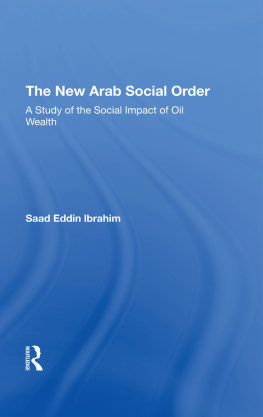
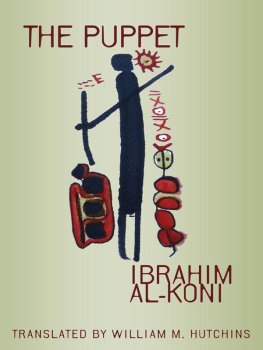

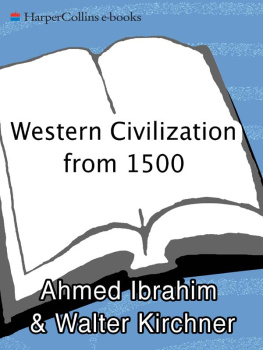
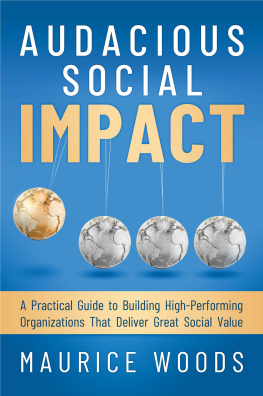
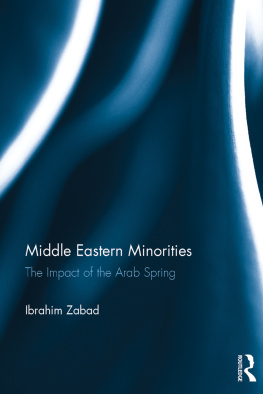
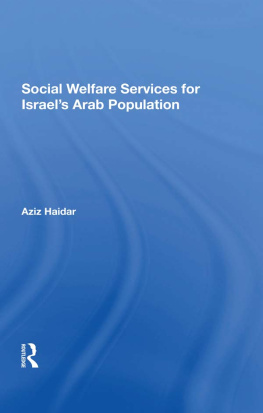
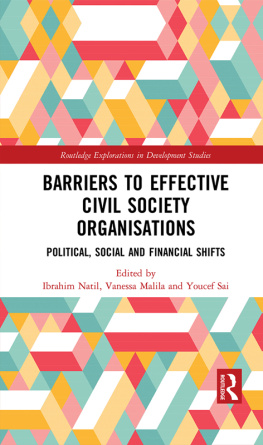
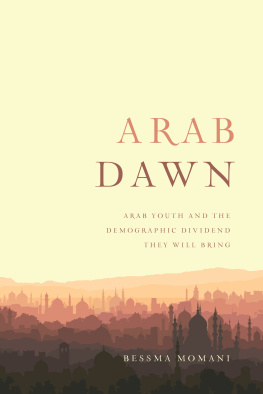
![Keith A. Allman [Keith A. Allman] - Impact Investment: A Practical Guide to Investment Process and Social Impact Analysis](/uploads/posts/book/124124/thumbs/keith-a-allman-keith-a-allman-impact.jpg)